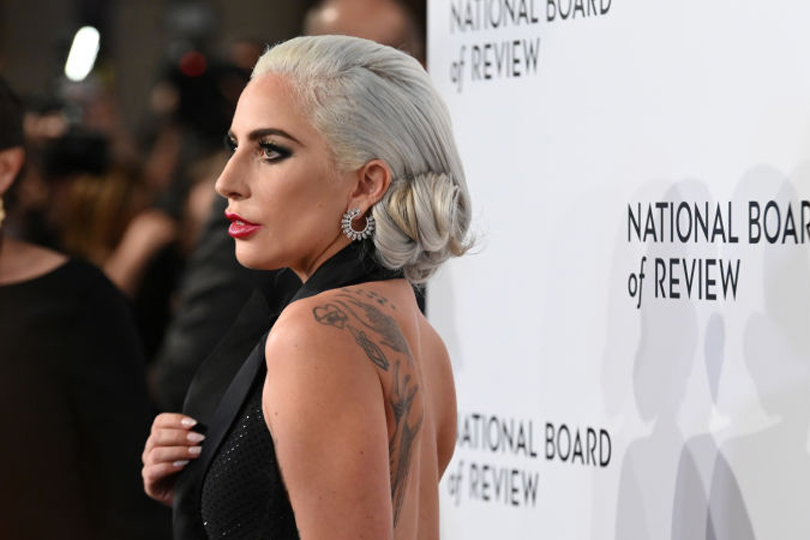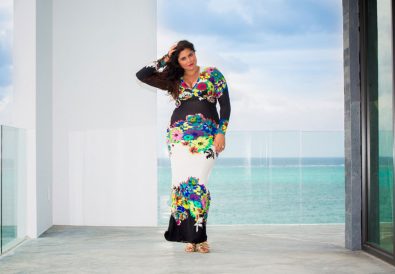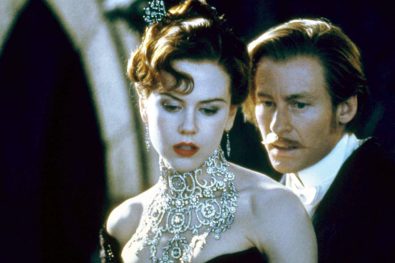Despite the conversations sparked by last week’s Lifetime series Surviving R. Kelly, we know that the sexual assault allegations against him aren’t exactly new. In fact, it’s been two decades since news that the singer preyed on teenage girls first broke, and in those 20 years we’ve still seen him release music, collaborate with the music industry’s biggest names, and face no consequences whatsoever. Which obviously sends a message: despite lip service paid to survivors of sexual assault, if a(n alleged) predator is a big enough name or has enough power, those he’s hurt will be ignored and forgotten. (Especially so if those survivors aren’t white or powerful themselves). So as R. Kelly (allegedly) preyed habitually on young black girls, he got to continue making music. And while Chance the Rapper and John Legend are two artists who used the documentary to speak out against him, collaborator and survivor advocate Lady Gaga did not – until today.
In a lengthy Twitter post, Gaga apologized for working with R. Kelly, and explained that she recorded and performed “Do What U Want (With My Body)” during “a dark time in [her] life” as a means of defiance because she “was angry and still hadn’t processed the trauma that had occurred in [her] own life.” And in addition to saying she plans to pull the single from streaming services, she adds, “I think it’s clear how explicitly twisted my thinking was at the time.”
She also included the following: “I stand behind these women 1000%, believe them, know they are suffering and in pain, and feel strongly that their voices should be heard and taken seriously. I’m sorry, both for my poor judgement when I was young, and for not speaking out sooner.”
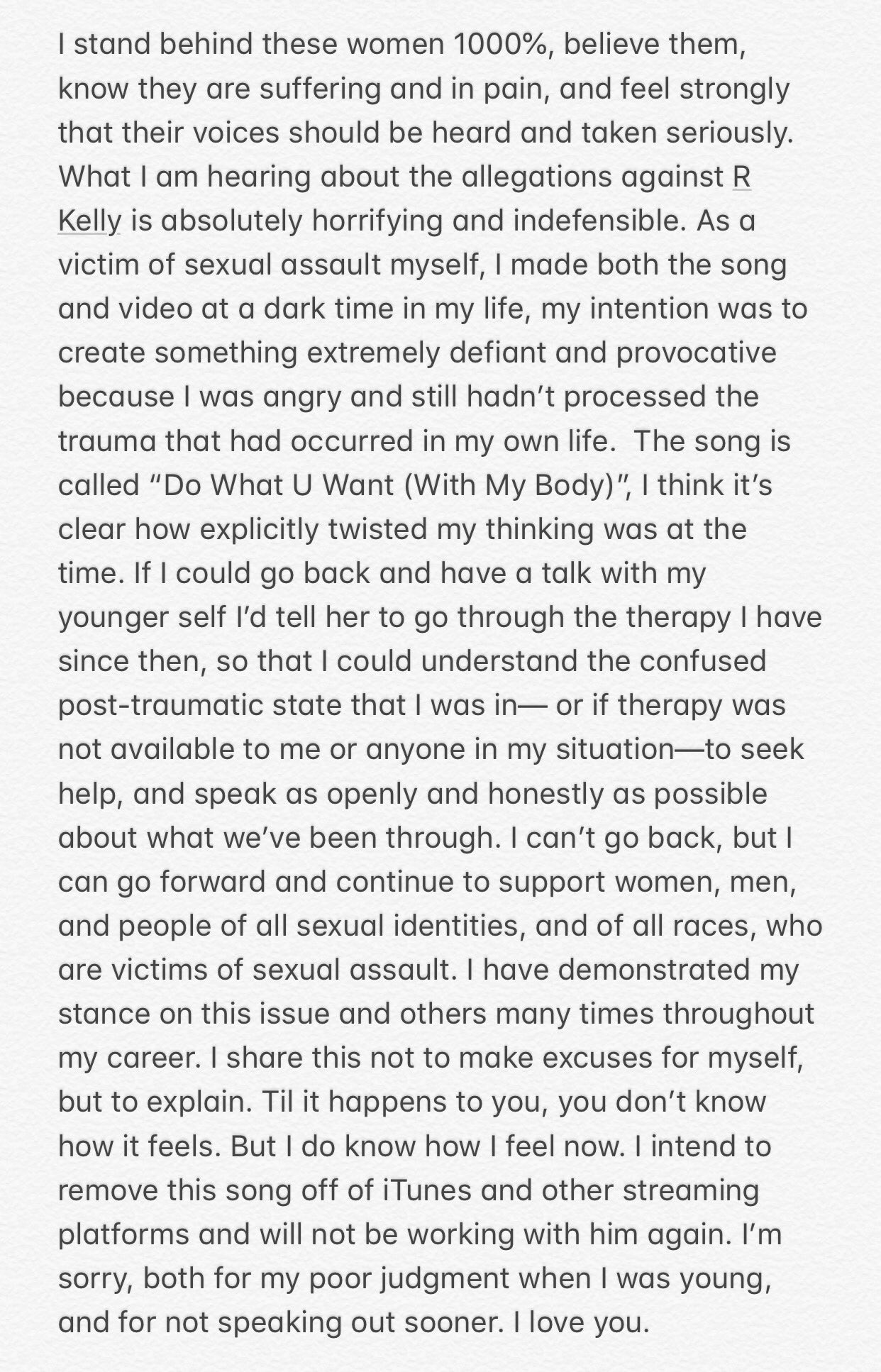
And, well, there’s a lot to unpack here. To start, the way a survivor copes with their trauma is an extremely personal and complicated process, and under no circumstances can anyone respond to an explanation by claiming that Gaga should’ve known better from the onset and/or did and/or is merely doing damage control. If we believe survivors, we must also believe them when they share with us the way they’ve coped or compartmentalized.
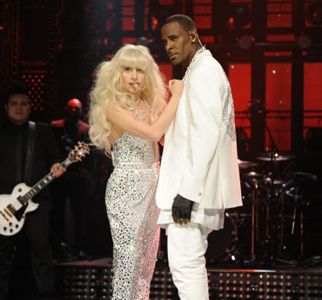
But hearing someone’s apology and understanding where it’s coming from also doesn’t mean someone is completely absolved, either. Gaga’s post may be heartfelt and legitimate, but if her choice to record and perform with a notorious predator has hurt some enough that they refuse to engage with her or even accept it, that’s also fine. Again, how a survivor copes with trauma is their business, and while the singer’s apology and acknowledgement is important, it still might not be enough. And that has to be okay, too. Boundaries are necessary to healing, and they’re also very subjective. It’s not up to someone like me, an observer, to say everything’s better now. Especially since what R. Kelly’s being accused with hasn’t ended with a resolution or anything other than claims that he might be facing charges, maybe.
So do I think it’s about time that Gaga, a woman who advocates for survivors, has spoken up about her part in elevating a man who’s hurt so many people his actions have sparked a multi-part documentary series? Absolutely. Do I get to declare that her words were enough to grant all-encompassing absolution? I do not, since I am not one of the girls or young women R. Kelly preyed on. (Nor am I the survivor of sexual assault, which means I really don’t get to dictate the terms of healing.) Do I think that it’s a start? Sure, if it means more and more collaborators are going to step forward, apologize, and acknowledge their complicity. After all, it also took a village to uphold and protect R. Kelly. And we’re still painfully far from dismantling the system that allowed him to flourish.

